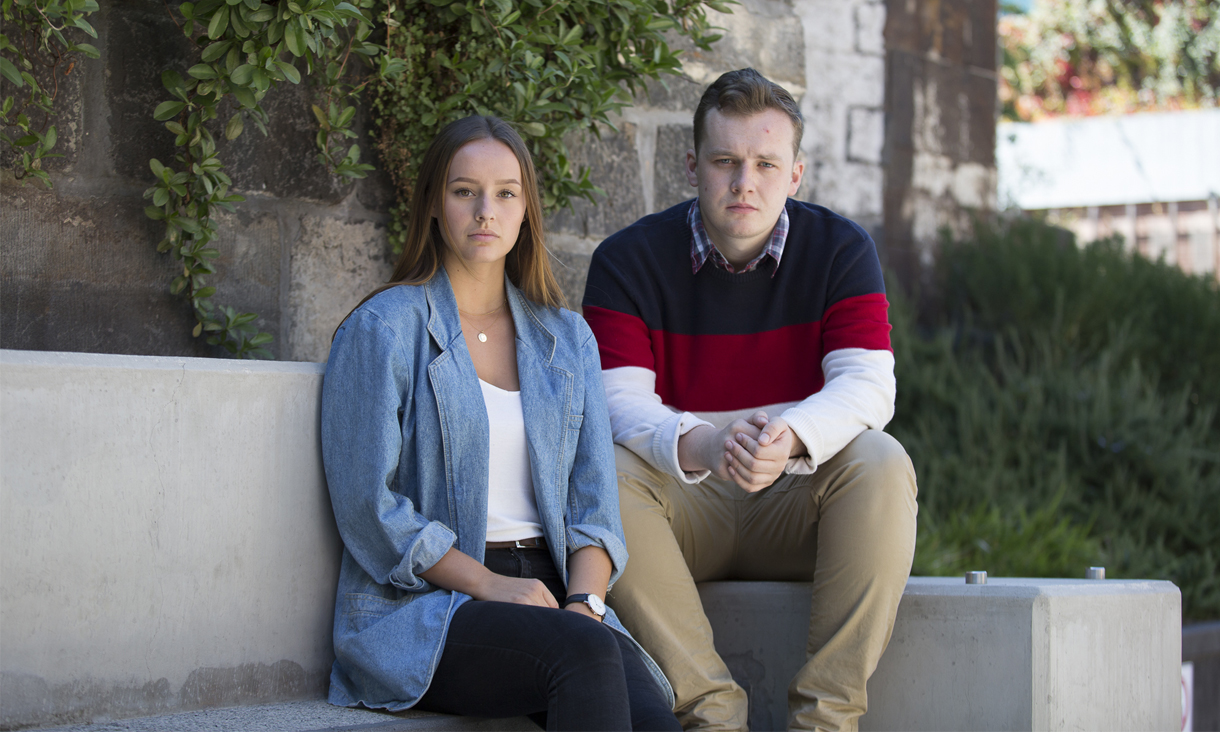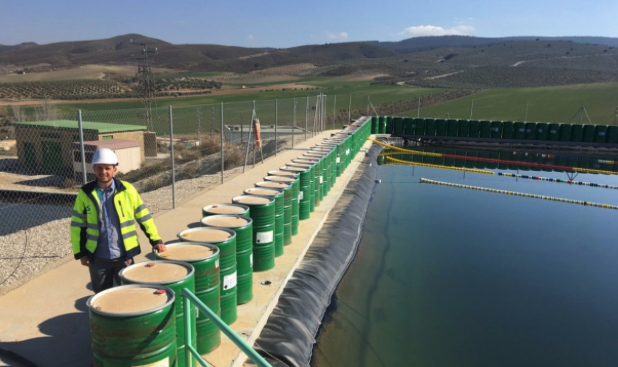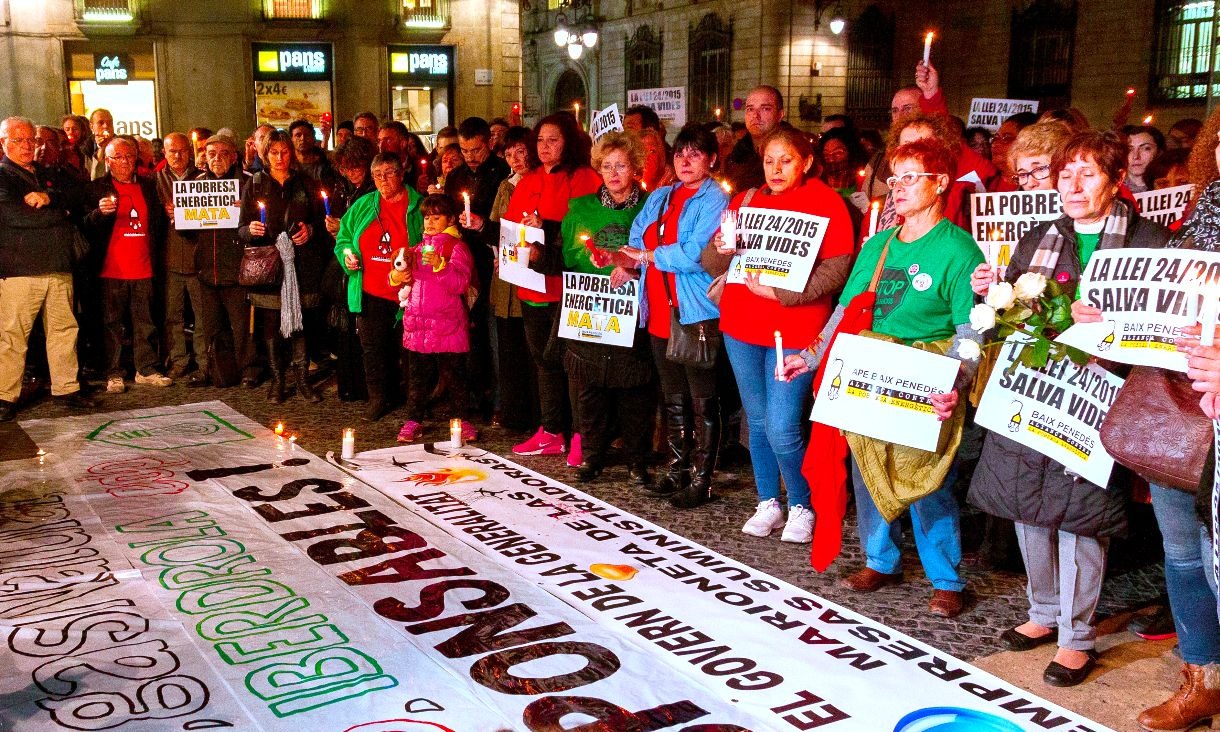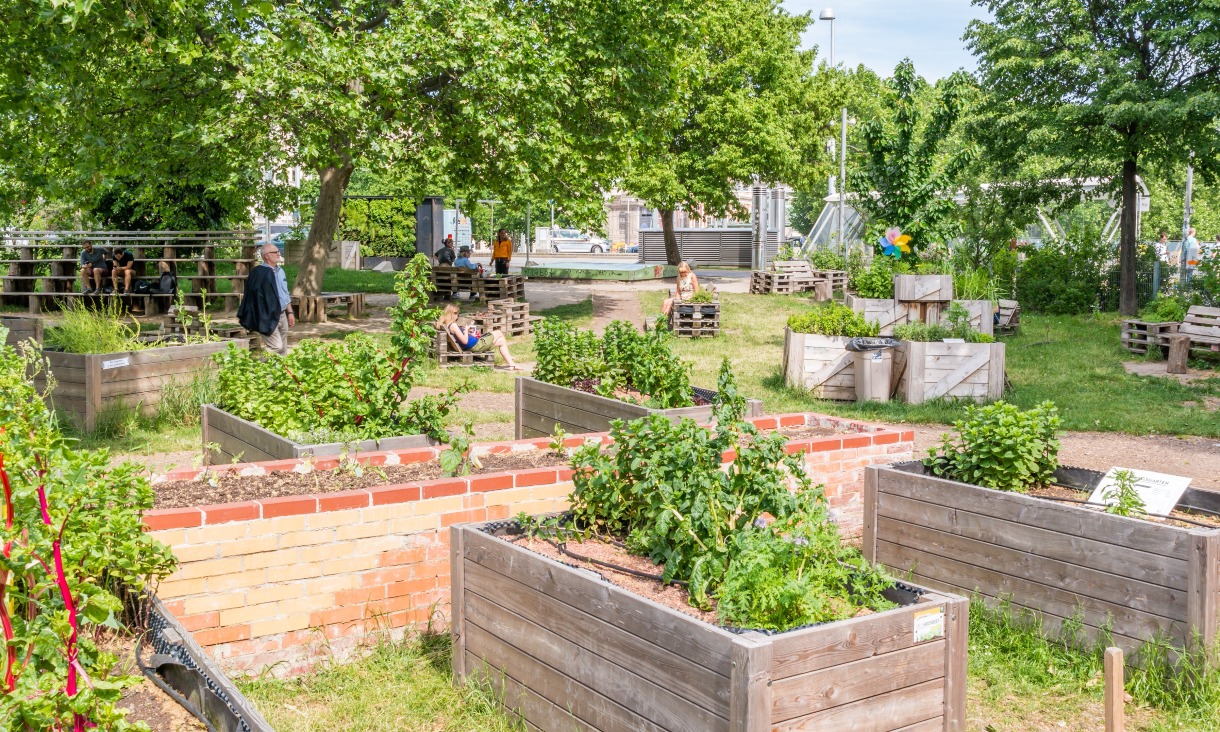Vice-Chancellor and President Martin Bean CBE said that simply meeting the recommendations was not enough, and the wellbeing of students and staff was the University’s number one priority.
“It’s a basic right that everyone should feel safe, secure and respected when they come to RMIT to study or work,” he said.
RMIT implemented its Changing the Course three-year framework in 2017 with the objective of building a community where every student and staff member feels safe, respected, valued and treated equally.
Director of Student Wellbeing and Inclusion Fiona Ellis said the University recognised the fact that no one single initiative could achieve this objective.
While RMIT is targeting the drivers of sexual harm with evidenced-based strategies to prevent it occurring in the first instance, the Changing the Course framework is underpinned by three principles:
- Primary prevention: to prevent sexual harm from occurring in the first place.
- Secondary prevention: to change the trajectory for individuals at higher-than-average risk of perpetrating or experiencing violence.
- Tertiary prevention: to respond after sexual harm has occurred to minimise impacts, prevent re-occurrence and ensure perpetrator accountability.
“We want to create an RMIT community where students and staff are safe and free from sexual violence; relationships are respectful; support services are well publicised, easy to access and meet the needs of those who have experienced sexual harm," Ellis said.
"Where sexual harm does occur we want our University justice responses to be effective and for perpetrators to be held to account.
“We are creating this through a series of actions including committed leadership, service improvements and whole-of-University culture change.”
In 2018 RMIT has delivered face-to-face bystander intervention with a particular focus on student clubs and student leaders as well as an online respectful relationship course.
As a result of RMIT’s increased action and focus in this space, and to ensure that RMIT continues to appropriately respond to incidents of sexual harm, a program of education on how to respond to a disclosure of sexual harm is currently being rolled out to all staff.
RMIT has also developed a program of restorative engagement with the Centre for Innovative Justice, to open its doors to those who may have been harmed in the past.
In line with this commitment, the Vice-Chancellor and the RMIT executive team have each undertaken specialist training in responding to sexual assault disclosures and restorative conferencing.
Student Union President Abena Dove said she was extremely happy with the progress that RMIT had made.
“They are genuinely taking this on board as a real issue and I can see they really care about creating positive outcomes. It's definitely going in the right direction,” she said.
“I've received positive feedback from people across the University about the response and actions in this space, particularly around the 'bringing in the bystander' training. The work of the Centre for Innovative Justice is also really great to see.
“I am particularly focused on increasing participation next year around bystander intervention training as well as the consent courses, because I think they are extremely valuable and effective.”
The University has made its promise very public and has invited each of its community members to play a role through the ‘Be the Change’ campaign, designed to drive a culture of gender-based respect.
"At RMIT, we believe that one incident of sexual harassment or sexual assault is one too many. It’s something we do not and will not tolerate,” Vice-Chancellor Bean said.
"We will continue to refine our actions so they are swift, comprehensive and appropriately support students and staff. This goes to the core of our values as a community that supports and cares about each other.”
Story: Shelley Brady





